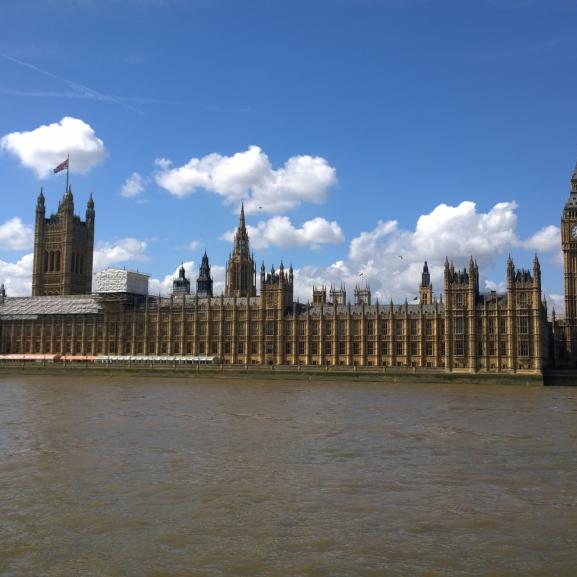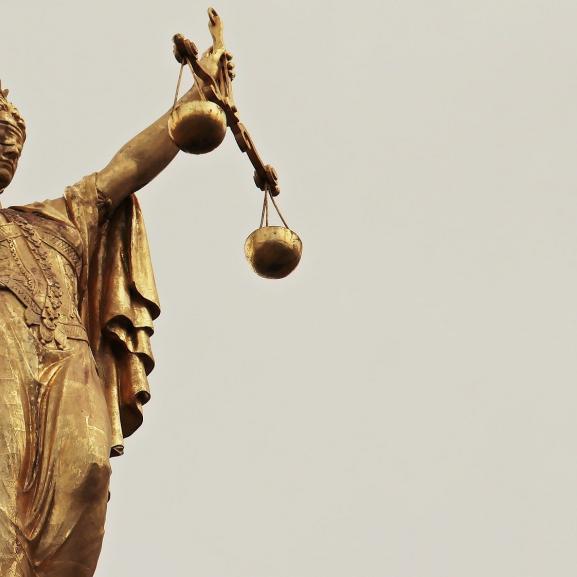Freedom from Torture calls for enactment of Torture (Damages) Bill
Enabling torture survivors to pursue their perpetrators through the UK courts is a move the Government should support as part of its duty to uphold a victim's right to reparation, Freedom from Torture says.
Addressing the House of Commons during its consideration of the Torture (Damages) Bill, the MF emphasised that access to justice could be significant to the treatment and progress of clients for whom justice has invariably been denied.
The bill, which subsequently passed its second reading in the House of Lords, would effectively provide an exception to the State Immunity Act, which currently prevents victims seeking damages against torturing States and perpetrators, allowing victims to sue perpetrators for damages in respect of the abuses they endured.
Speaking at a closed debate in the House of Commons, MF Lead Consultant Clinical Psychologist Dr Nimisha Patel said that opening up avenues of justice for victims for whom this has previously been an impossibility would be a vital step in the fight for accountability.
"For many torture survivors it is essential to know that they have a choice to seek justice and reparation," she said. "The availability of accessible mechanisms which support the right to seek damages would symbolise official acknowledgement of responsibility for the violations and can be experienced as a commitment by the State to uphold the right to reparation."
The bill recognises that access to justice in the country in which the torture took place is not always realistic, where judicial systems operate under direct influence and interference from the State, law enforcement and security personnel or where the police are poorly equipped or trained to adequately investigate torture allegations.
Often the authorities responsible for investigating claims of torture are the perpetrators. Initiating a complaint can therefore lead to further violence. As a result, torturers evade accountability for their crimes while the prospects of recovery and redress for the victims are severely hampered.






